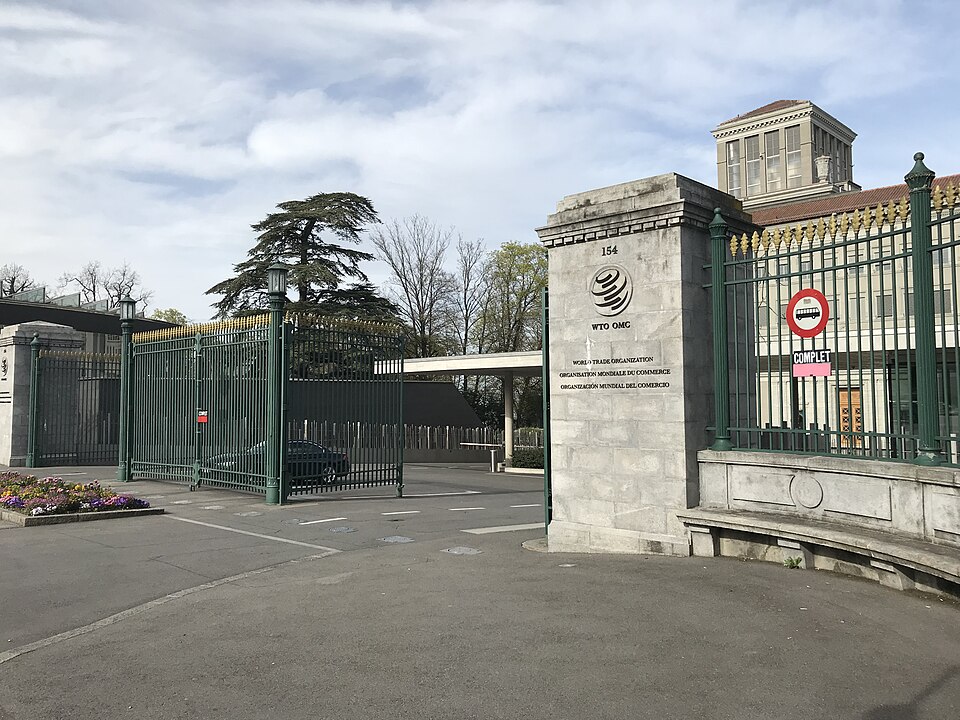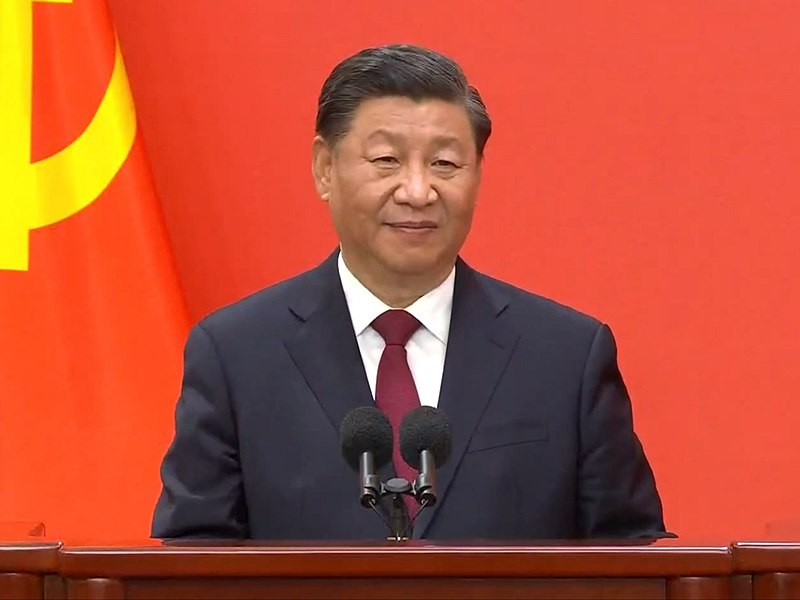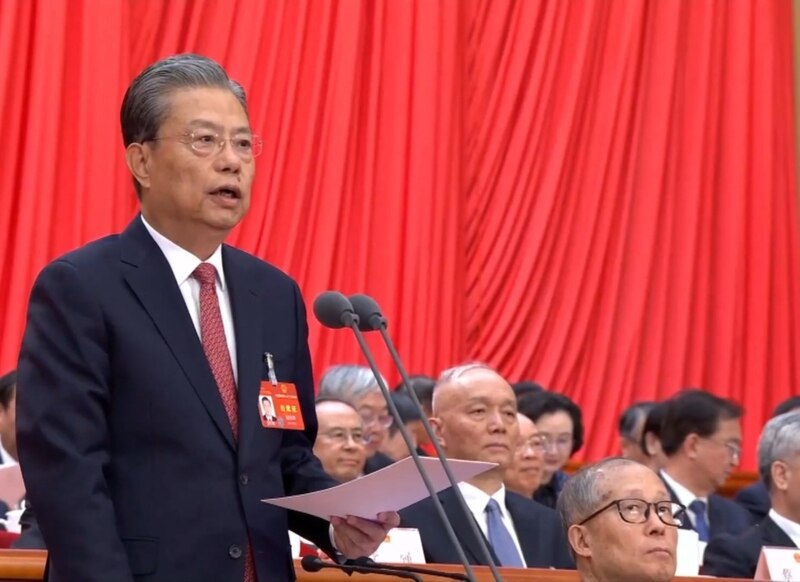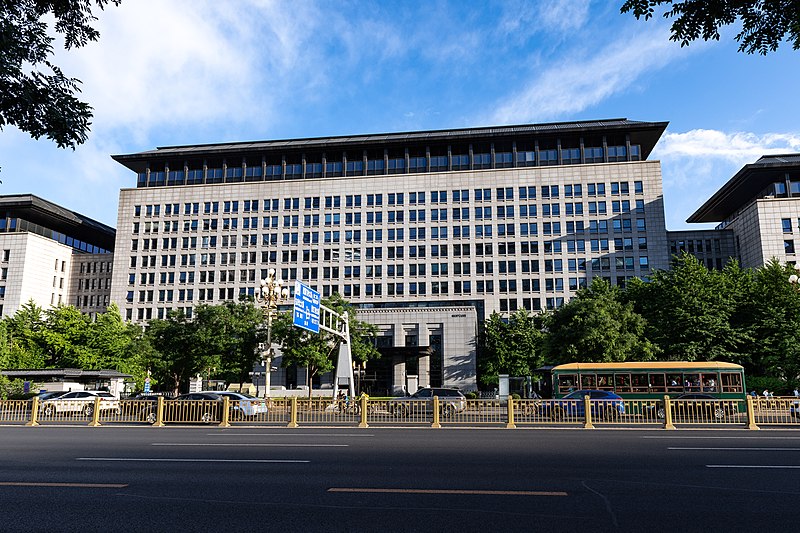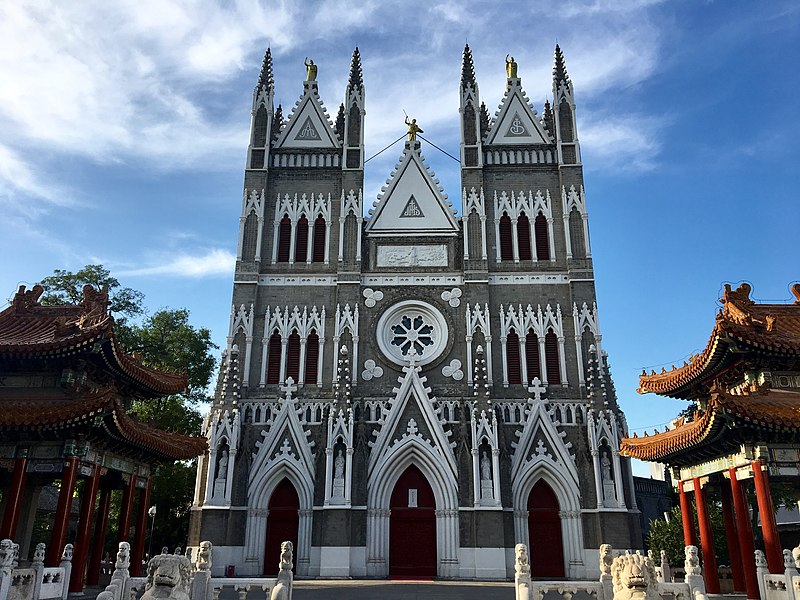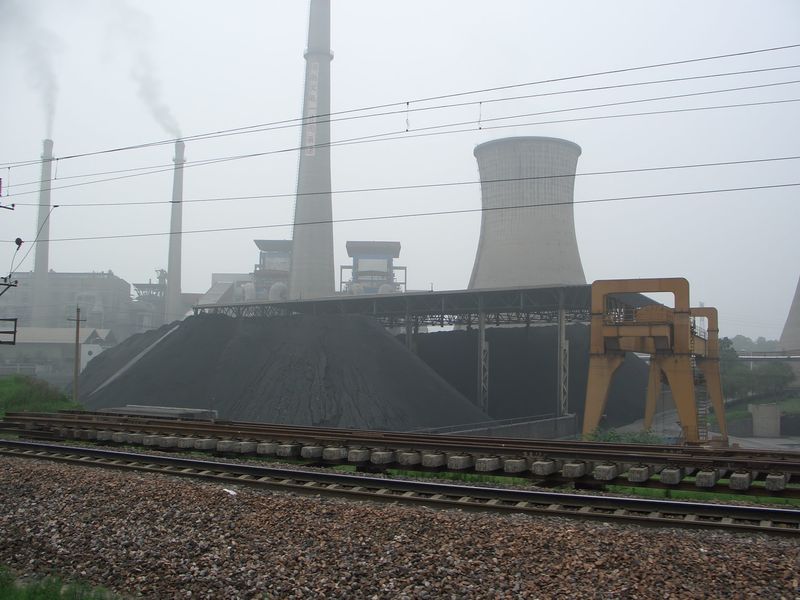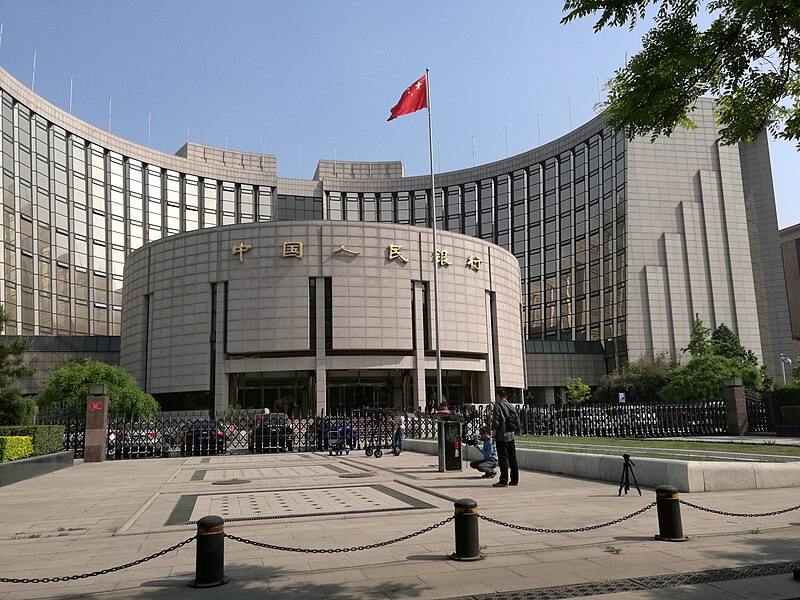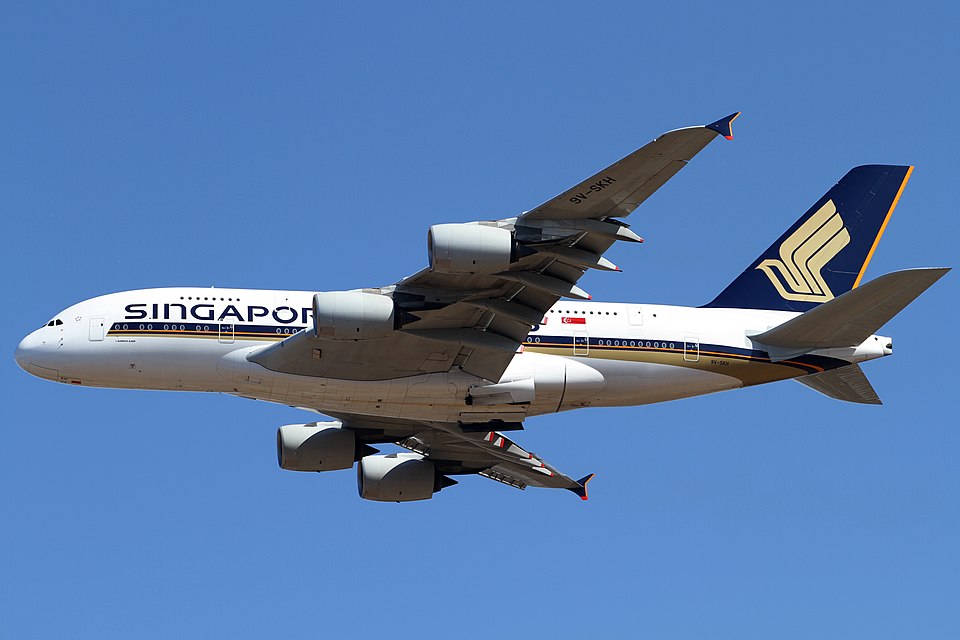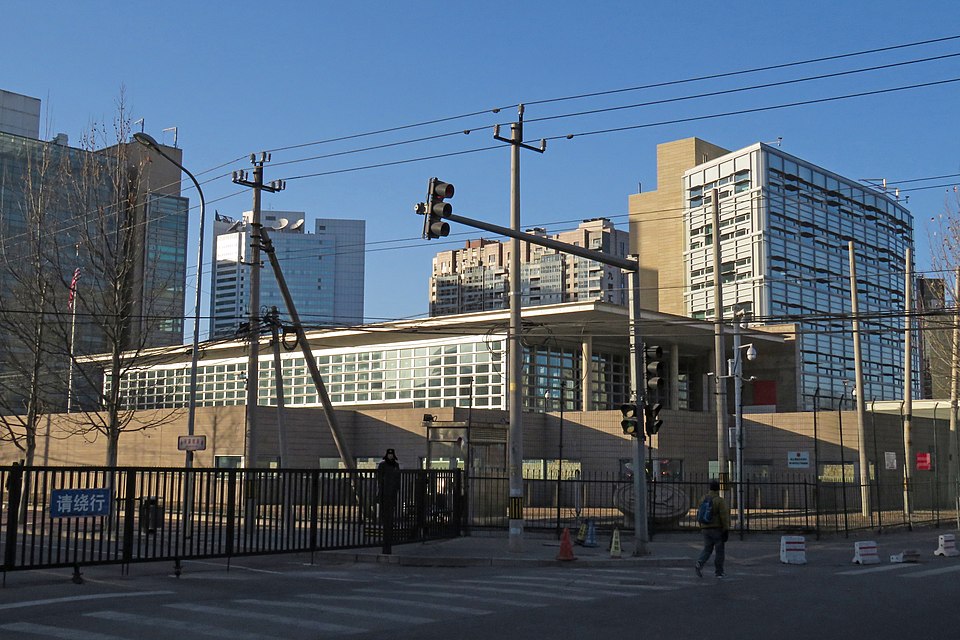
Taiwan's President Tsai Ing-wen expressed satisfaction on Wednesday over the U.S. Congress passing a comprehensive foreign aid package, which includes military support for the island, while
China urged Washington to cease arms sales to Taipei.
Despite the absence of formal diplomatic ties, the United States remains Taiwan's most significant international supporter and arms provider. China, which considers Taiwan its own territory, has consistently called for an end to arms sales.
The Senate's approval, by a vote of 79 to 18, of four bills passed by the House of Representatives on Saturday marked a significant development. This came after House Republican leaders unexpectedly permitted a vote last week on the $95 billion aid package, primarily designated for Ukraine, Israel, Taiwan, and U.S. partners in the Indo-Pacific.
During a meeting with visiting U.S. lawmakers at the presidential office in Taipei, President Tsai referred to the recent passage of the bills, stating, "We are also very pleased that the Senate has just approved these bills."
Taiwan's Defense Minister Chiu Kuo-cheng mentioned that discussions regarding the allocation of funds for areas such as training or equipment would take place with the United States. "The United States has shown goodwill, and it needs to be negotiated between us," he informed parliament.
China considers Taiwan's status, whose government rejects Beijing's sovereignty claims, as an internal matter and the most sensitive and crucial issue in U.S.-China relations.
In Beijing, China's Taiwan Affairs Office expressed dissatisfaction with the bills, which President Joe Biden has indicated he will sign into law. The bills "send the wrong signal to Taiwan independence separatist forces, and we are resolutely opposed to it," spokesperson Zhu Fenglian informed reporters.
"We urge the United States to take concrete actions to fulfill its commitment not to support Taiwan independence and to cease arming Taiwan in any form," Zhu added.
China's foreign ministry warned that the bolstering of "military collusion" between the United States and Taiwan would not enhance security for the island. "It will only escalate tensions and the risk of conflict and confrontation in the Taiwan Strait," spokesperson Wang Wenbin remarked.
U.S. Secretary of State Antony Blinken is scheduled to arrive in China on Wednesday for discussions, with Taiwan expected to be among the topics addressed.
Taiwan has raised concerns for the past four years about increased Chinese military activities near the island, including almost daily sorties by Chinese warplanes and warships. However, since 2022, Taiwan has faced delays in the delivery of U.S. weapons such as Stinger anti-aircraft missiles, as manufacturers prioritized supplying Ukraine in its conflict against invading Russian forces. Photo by w:en:Presidential Office Building, Taiwan, Wikimedia commons.

